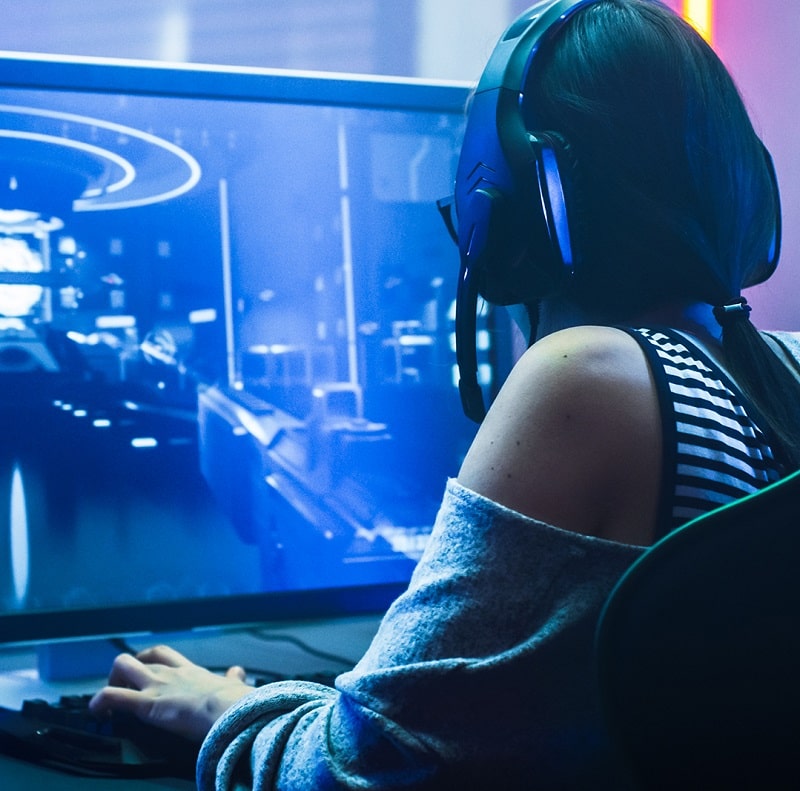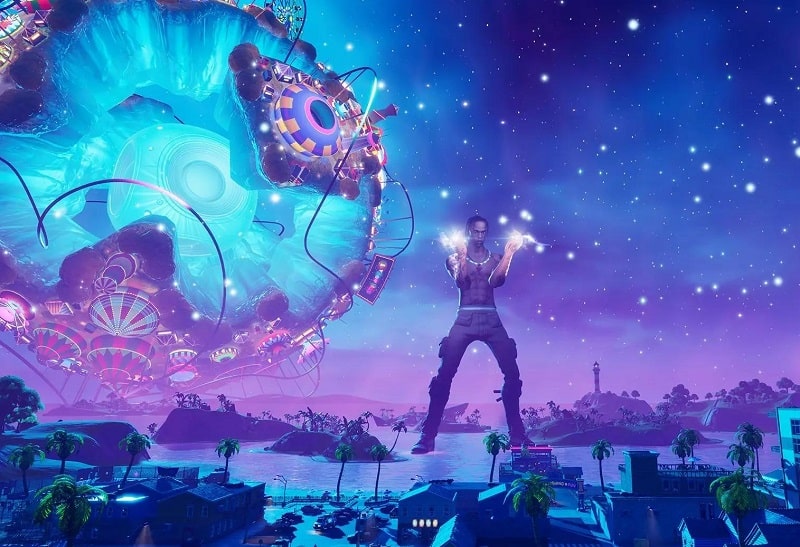The impact of new technologies on the gaming industry

German think tank Statista predicts that one in three people will be a gamer in 2021-2022. And that means that the gaming industry and its changes in the future will have a significant impact on our lives. You can get evidence of that by the fact that nowadays one of the main competitors of Netflix is not HBO and Disney, but computer games Fortnite.
Main Prospects
One of the priorities of the gaming industry is cloud gaming. This market is expected to reach $450 million by 2023. And the lack of binding game applications to certain hardware and platforms will provide greater creative freedom for developers. Gaming applications will cease to be as demanding and will be immediately created under the standards of cloud services.
Therefore, anyone will be able to realize their fantasies when creating games without even having to buy expensive modern equipment.
A new approach to the creation of projects and virtual worlds will open new horizons for developers and gamers. Every object will be so elaborated that it will be virtually indistinguishable from the present. Boundaries between game genres will disappear and the importance of social approval of the character’s actions will increase. It will be possible to rate another player with likes, for example.

In order for cloud gameplay to continue to evolve, the speed of Internet access must be increased. For this, the 5G standard must be supported and distributed. It will help to increase the number of gamers who play from their mobile phones. There are already about 2 billion of them, and as the technology develops there should be even more.
Using games for learning
In the future, virtual worlds will not only be used for entertainment, but also as a great venue for business meetings, university campuses, education and concerts. And self-isolation has only accelerated the translation of communications into gaming reality. After all, the universes of games like Fortnite have more functionality than Skype or Zoom. For example, rapper Travis Scott’s concert in Fortnite was watched by more than 27 million people.
It’s possible that games could transform the education system as well. They won’t replace lessons, but the skills you learn by playing them will be applied to your work and studies. After all, research has shown that games can develop both reaction and critical and reflective thinking. For example, lessons based on Half-Life’s virtual reality are already underway in San Diego. And the Russian Institute of Internet Development has made a proposal to include in the school curriculum games World of Tanks and Dota 2, which, according to experts, have a positive effect on the ability to work in a team and creativity.
A new approach to content consumption
With time, distinctions between various forms of entertainment, such as games and cinema, will be erased. The Unreal Engine 5, for example, can already deliver almost the same graphical quality as a Hollywood movie. And virtual copies of real-life actors become the heroes of computer games. A new approach to gameplay will be able to break down the “fourth wall” completely. And viewers themselves will become directors for their own in-game productions.
A noticeable impact on consumption will be the lack of binding games to platforms, obtained through the use of cloud technology. Users will not pay for hardware, but for access to games and game communities. Moreover, it will be possible to enter the virtual world from any 5G-enabled device, from a smart fridge to a smart watch.
Development of gaming devices
Neurocomputer interfaces will improve the control of game characters, using thoughts rather than controllers. Indeed, a device called Emotiv EPOC already helps control drones using neurotransmitters. And in the future, the 5G standard will make it possible to use other senses in games in addition to sight and hearing. And gamers will literally be able to taste the gaming universe.
The already existing Internet of Things (IoT) will be joined by the Internet of Senses. We will be able to feel snarling game monsters on our skin and “hear” what a red light sounds like on a traffic light. Most likely, in the near future we’ll see the function of automatic translation from any language, and change the gamer’s voice. In addition, such technologies will become a new way of human communication with the nature. Without leaving home, the user will be able to taste virtual fruits and berries, to smell the forest, mixing reality and the virtual world.
